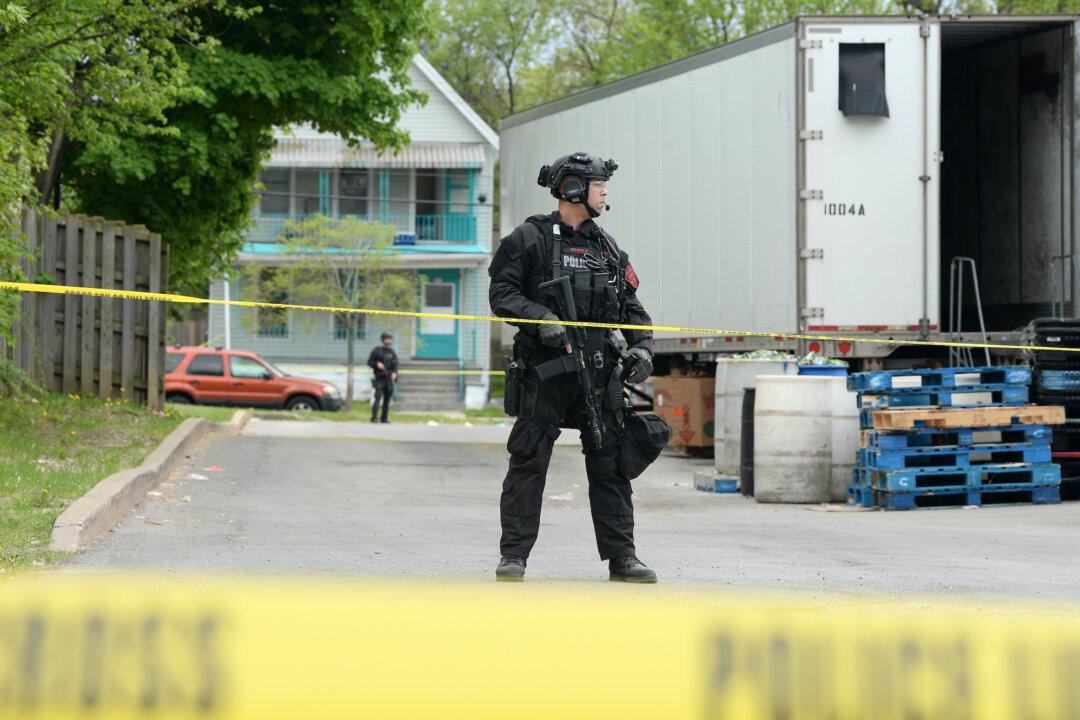The Department of Homeland Security (DHS) could do more to prevent and reduce domestic terrorism in the United States, says the agency’s top watchdog, the Office of Inspector General (OIG).
After carrying out an audit to determine the extent to which DHS is able to address domestic terrorism, the OIG released its findings on Tuesday in a 29-page OIG report (pdf) that made six recommendations.





